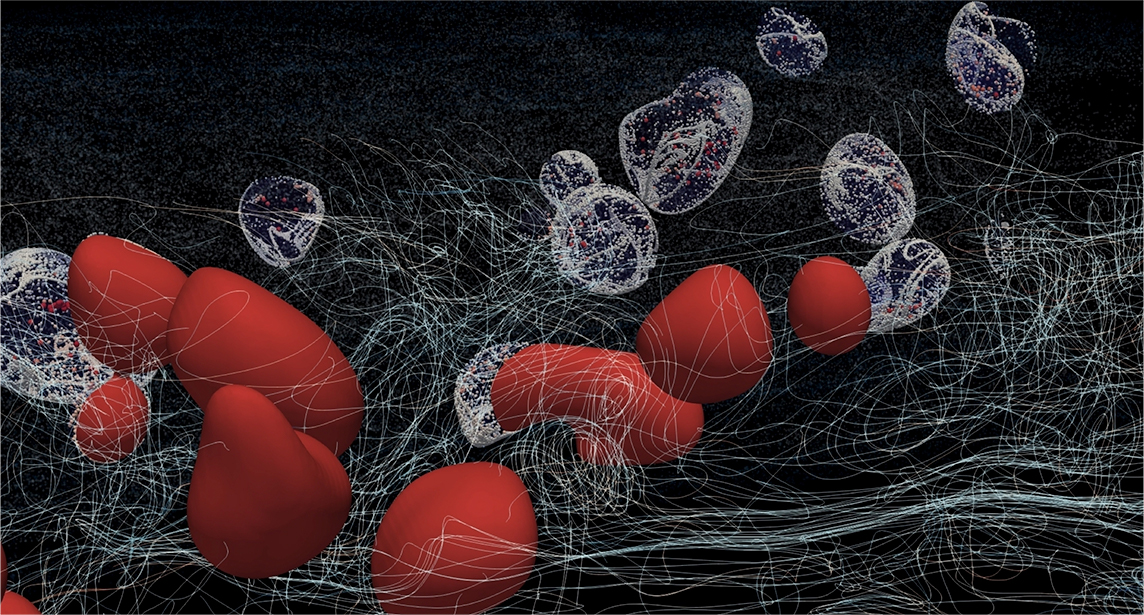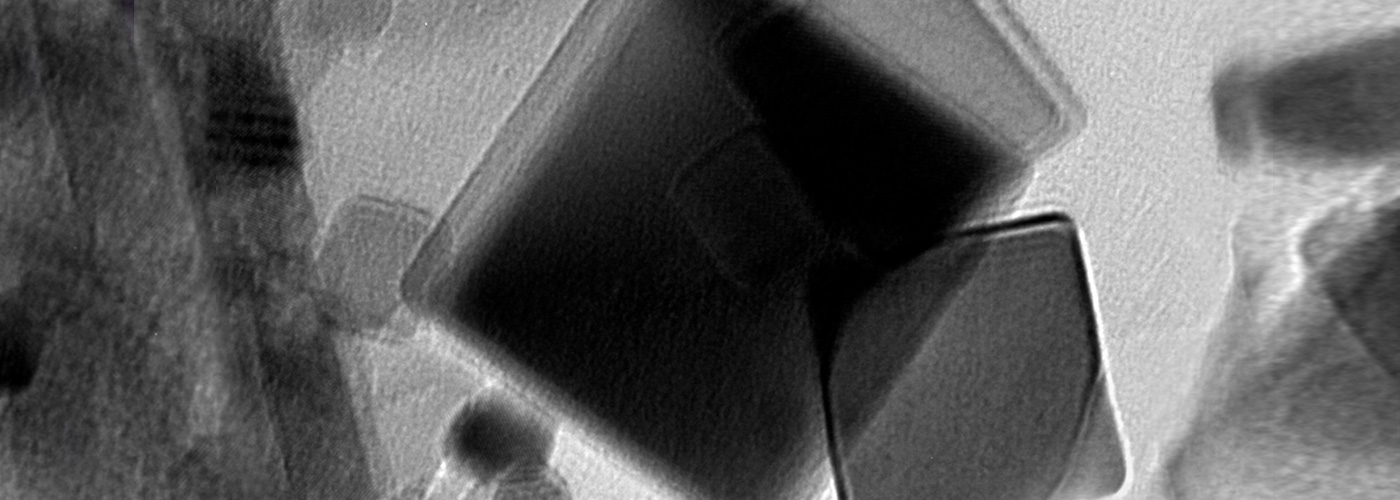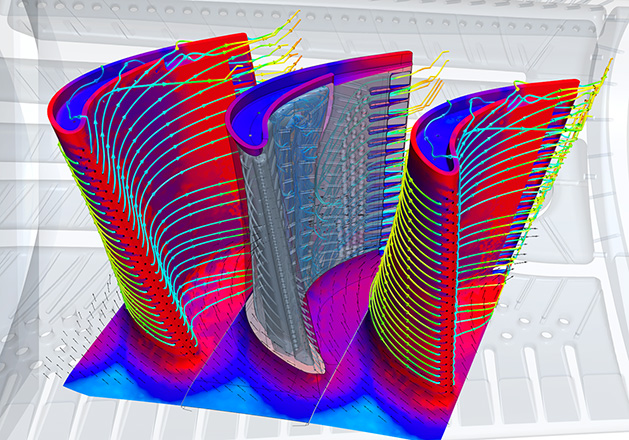Training Objectives and Themes
The production of energy in a sustainable way is a vast subject of research that requires interdisciplinary methodological skills. Current PhD program includes training and research in the fields of Chemical and Energy Technologies with particular reference to the Environment. The PhD training program is a center of national and international initiatives while maintaining relations with the territory. The program has achieved these goals by coordinating skills available in our University and multiplying potential for research and training in connection and cooperation with international research centers. The PhD Board is made up of teachers from different cultural areas, which are complementary to each other. The list of research topics is broad, from methodological issues and cross-cutting themes fundamental to the great themes industrial applications to specific issues that require interdisciplinary skills. The following list suggests some ideas but others may be included in a dynamic evolution with rapid responses to the needs of society.
Reference Macro Areas
- Renewable energy (fossil, renewable, nuclear)
- energy conversion
- energy savings
- energy economics
- environmental impact
- sustainability of products and processes
- security of processes
- structures and the environment
- intersectoral safety – UNESCO Chair line of research
Fundamental research Fields
- Transport of momentum
- energy and chemical species
- chemical reactions
- biochemical reactions and biological foundations of the technologies of chemical processes
Applications
- Systems of transport
- conversion, storage and distribution of energy
- fluid machinery
- combustion systems
- materials for energy applications and/or environmental systems and processes to reduce pollutants
- geothermal applications
Specific multidisciplinary topics of current interest
- Fuel cells
- photovoltaic systems
- carbon dioxide sequestration
- role of hydrogen
- biomass
- safety and systemic risk







